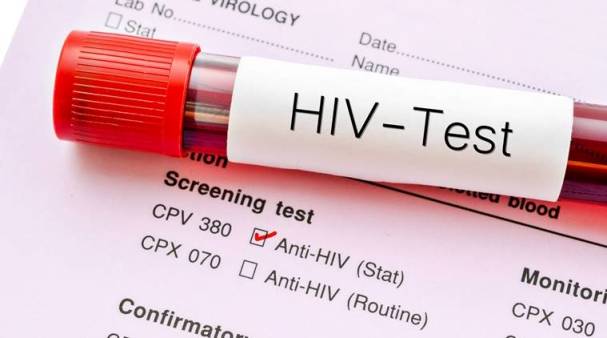
Viral load tests are used to diagnose acute HIV infection, guide treatment choices and monitor response to antiretroviral therapy.
The Maharashtra State AIDS Control Society (MSACS) has registered an increase in the number of people who had started undergoing HIV therapy and have now experienced failure of the first line treatment.
According to MSACS data, 7,666 persons had availed second line treatment of anti HIV drugs in 2017, whereas in 2018 till September, 9,304 persons were put on the second line treatment. Previously, cases of people with HIV, who failed the first line treatment of drugs, were referred to state AIDS clinical expert panel committees.
However, since February last year, when viral load testing was conducted for all patients who were registered on the first line regimen of drugs, an increase in the numbers who had failed the treatment was recorded, MSACS officials said.
Viral load tests are used to diagnose acute HIV infection, guide treatment choices and monitor response to antiretroviral therapy. A failure of first line antiretroviral (ART) treatment given to any person living with HIV necessitates the need for introducing second line drugs and according to Maharashtra State AIDS Control Society officials, there was an increase mainly as viral load testing had been undertaken from February last year.
There are as many as 2.05 lakh people living with HIV, who are on antiretroviral treatment, across the state. There are 73 antiretroviral treatment centres (excluding Mumbai) — mostly at medical colleges, district hospitals and sub district hospitals which provide free of cost medicines. According to MSACS, efforts are now underway to set up a public private model of ART centres where the drugs will be supplied by the state to the private player who will then supply the medicine.
To increase the ART adherence and minimise the time and cost of travel, MSACS has also set up 177 Link ART centres across 34 districts where patients undergoing ART are provided medicines. In October, the state also provided free bus travel of persons with HIV who require medicines from ART centres within the vicinity of 50 km.
Fewer pregnant women with HIV
The Multi Drug Regimen under the Prevention of Parent to Child Transmission (PPTCT) programme has helped reduce the risk of mother to child transmission.The PPTCT multi-drug regimen containing three antiretroviral drugs is being implemented since February 2014 and is given to all pregnant and breast feeding women living with HIV regardless of their CD 4 count for their own health and to prevent vertical transmission. In 2014, from among 18.34 lakh pregnant women screened, a total of 1,853 were HIV positive. From January to September this year, 16.77 lakh pregnant women were screened for HIV and a total of 604 were found positive.
Meanwhile, early Infant Diagnosis Scheme is one where the antiretroviral treatment is initiated at the earliest for babies who are HIV positive. The HIV status of these babies is confirmed at less than 18 months by an antibody test. According to MSACS data, till September 2018, as many as 496 babies were tested for HIV and 23 were positive. This is against the 2017-18 data where 1,160 babies were tested at 18 months and a total of 52 were found HIV positive.










